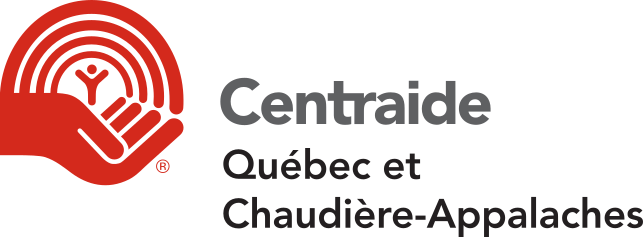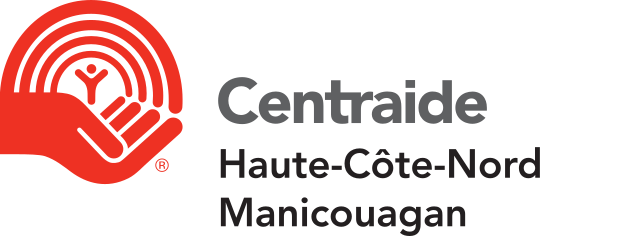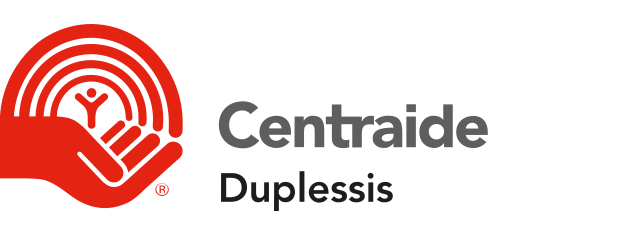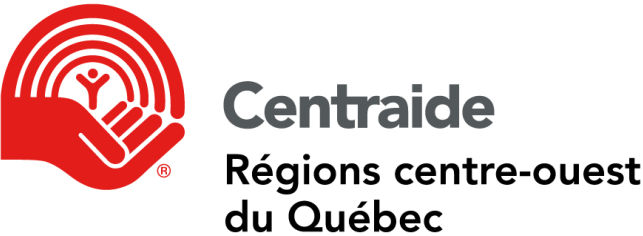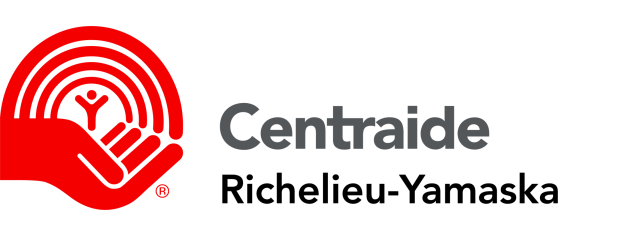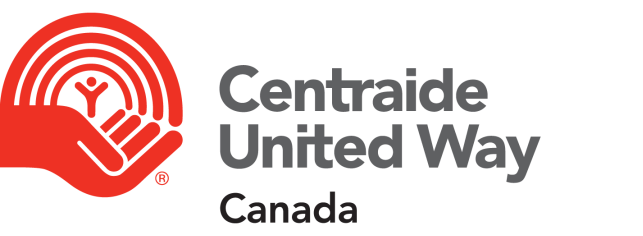[ Browse by Service Category : Mental Health Assessment and Treatment : Sub-Topics of Supportive Therapies (19) ]
Laughter Therapy
Programs that use the therapeutic properties of laughter to relieve stress; dissolve negative emotions such as irritation, anger, boredom and depression; and improve the ability of individuals to fight illness. Laughter has been shown to strengthen the functioning of the immune system by boosting Gamma-interferon levels, reduce the levels of stress-promoting hormones, promote muscle relaxation, lower blood pressure, and reduce pain by releasing endorphins, the body's natural pain killer.
Music Therapy
Programs that offer a form of therapy which uses music and music-related activities to address the physical, emotional, cognitive and social needs of individuals with mental, physical or developmental disabilities, substance abuse disorders, chronic health conditions or other problems. Music therapists assess emotional well-being, physical health, social functioning, communication abilities, and cognitive skills through musical responses; and design music sessions for individuals and groups based on client needs using music improvisation, receptive music listening, song writing, lyric discussion, music and imagery, music performance and learning through music. Music can thus be used as a passive agent as in the case of listening to music to aid in reminiscence, reality orientation or relaxation; or as an active creative process in which the individual participates in musical production. Through musical involvement in the therapeutic context, clients' abilities are strengthened and transferred to other areas of their lives. Music therapy also provides avenues for communication that can be helpful to those who find it difficult to express themselves in words.
Pet Assisted Therapy
Programs that help veterans with PTSD, inmates serving a sentence in prison, emotionally disturbed individuals or people who are isolated improve their personal and social functioning by giving them an opportunity to take responsibility for and/or relate to a domestic animal. In some cases, the animals may be selected due to comparable histories of trauma. Also included are programs that bring dogs or other small pets to visit people residing in a nursing facility or another institutional setting who are ill or elderly or have disabilities; and those that employ Reading Education Assistance Dogs (R.E.A.D.) who volunteer with their owner/handler as a team, going to schools, libraries and many other settings as reading companions for children. A similar program offers children the opportunity to learn to read by reading to one of its therapy horses.
Art Therapy
Programs that offer a form of therapy which encourages individuals to achieve self-expression and emotional release by communicating their emotions and conflicts graphically through painting, drawing, sculpting and other art forms. Art therapy is based on the premise that the creative process involved in artistic self-expression helps people to resolve conflicts and problems, develop interpersonal skills, manage behaviour, reduce stress, increase self-esteem and self-awareness and achieve insight. It is used both as a diagnostic tool and a treatment technique for people of all ages who have anxiety, depression and other mental and emotional problems and disorders; social and emotional difficulties related to disability and illness; trauma and loss; physical, cognitive and neurological problems; and psychosocial difficulties related to medical illness.
Critical Incident Stress Debriefing
Programs that help individuals (e.g., paramedics, police officers, disaster workers) who have been involved in emergency operations under conditions of extreme stress or people who have experienced or witnessed a traumatic event such as workplace or school violence recover from the traumatizing effects of the experience utilizing a therapeutic technique which enables them to process the event and put it behind them. A CISD enables workers and others to discuss what happened, their role in the event, the impact of the experience and skills for coping with the after effects. A CISD will generally alleviate the acute stress responses which sometimes appear at the scene or immediately thereafter and will at least inhibit delayed stress reactions which can appear days, weeks or even months later.
The above terms and definitions are part of the Taxonomy of Human Services, used here by permission of INFO LINE of Los Angeles.

